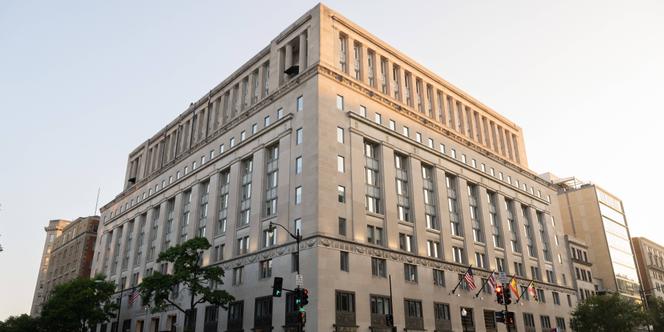


The statement is a plea to political leaders and leaders of the news industry to regulate the use of artificial intelligence (AI). While the signatories say they support "the responsible advancement and deployment of generative AI technology," they believe that "a legal framework must be developed to protect the content that powers AI applications."
The 10 signatories of the statement published on Wednesday, August 9, include several international news agencies (Agence France-Presse and the Associated Press), the American media group Gannett | USA Today Network, as well as professional organizations (the Authors Guild and News Media Alliance, which represents some 2,000 newspapers in Canada and the US).
The media companies that have signed the open letter fear that these generative AI applications "produce factual errors and fictional information, in addition to propagating long-standing biases," even without "malicious intent." This danger is all the greater given that public trust in the media is currently fragile, particularly on the internet: only 33% of French people surveyed for the 2023 Barometer of French confidence in the media, conducted by Kantar Public for the La Croix newspaper, trust online media. The signatories accordingly call on providers of generative AI models to "take steps to eliminate bias in and misinformation from their services."
Finally, the open letter calls for more "transparency" on AI training methods, as well as the consent of media companies – the holders of intellectual property rights – before using their content, such as photos or news articles, to train generative AI models.
On this last point, the media are hoping to gain financial compensation. On July 20, Google confirmed the launch of a partnership with the New York Times, the Washington Post and the Wall Street Journal to develop a new AI tool, internally called "Genesis," to help journalists write their articles. Open AI, the start-up behind ChatGPT, has signed an agreement with the American news agency AP to use its archives dating back to 1985.
AI will "radically transform the world of journalism," warned Reporters Without Borders (RSF) on July 27, announcing the creation of an international committee to work on regulating the use of AI in the sector. Some 20 academics and professionals are due to deliver their conclusions by the end of the year.
"How can we ensure editorial independence if proprietary language models are used by newsrooms to suggest, proofread, or even write articles?" the NGO wrote. The organization hopes that the conclusions of this special committee will help draw up a set of principles, rights and obligations for the use of AI.
You have 14.18% of this article left to read. The rest is for subscribers only.
